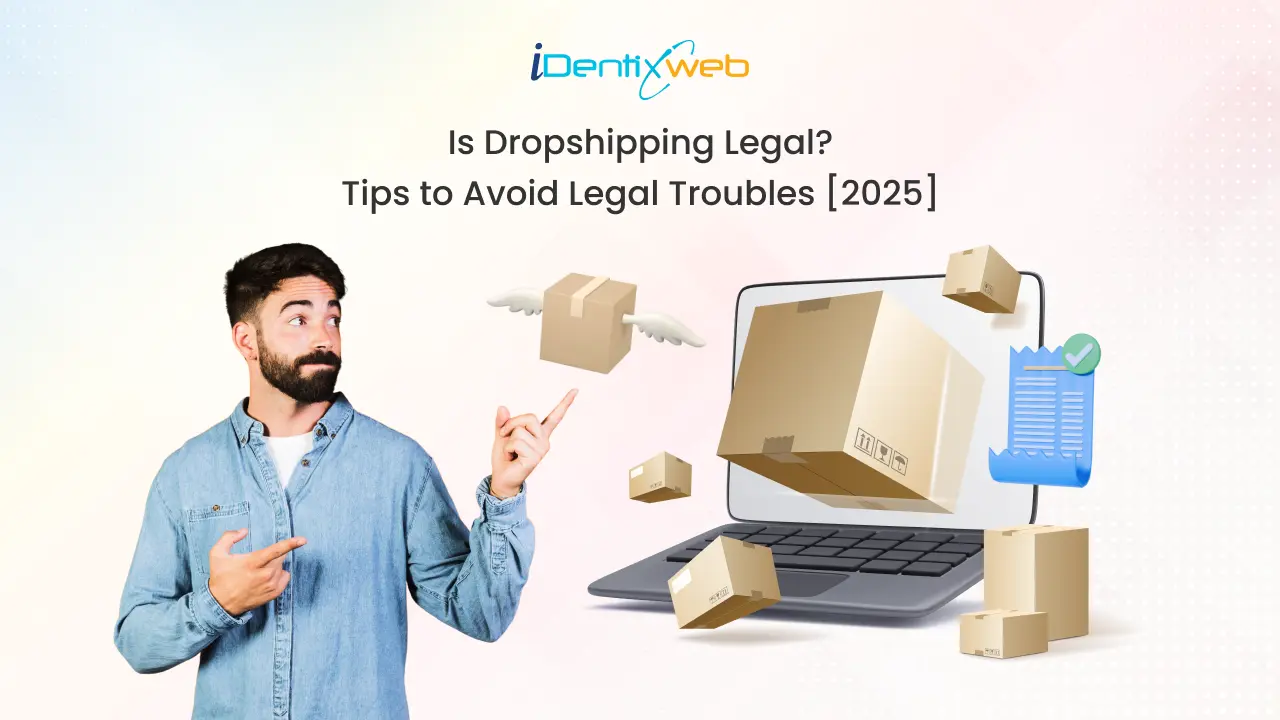
Dropshipping as a business model has exploded in recent years. This is a highly attractive option for many entrepreneurs. There are no warehouses, no inventory costs, and no pressure for packaging and shipping. Just sell what clicks. Given these benefits, a common question arises: Is dropshipping legal?
This is a legitimate question to ask yourself because you are selling products you don’t own. What happens if a product is lost during shipping or arrives defective? These are valid questions that you should address before starting dropshipping.
So, is dropshipping legal? The short answer is yes. It is legal. But with so many benefits come many legal requirements to follow if you want to start a dropshipping business.
But before going into the legality of dropshipping, let’s first quickly understand this e-commerce model.
What is Dropshipping? Understanding the E-commerce Model
Dropshipping is an e-commerce business model that lets retailers sell products without owning them. Let’s understand this with an example.
Let’s say you want to open your dropshipping business selling shoes. You will partner up with a dropshipping supplier who manufactures shoes. Next, you will open an online store where you will list all the shoes manufactured by the supplier.
Now, once the online store is set up, the customers will visit the store to buy shoes. Once an order is placed, you will forward this order to the dropshipping supplier. From there, the supplier will take the rest. The supplier will take care of the packing, shipping, delivery and overall order fulfilment.
Here’s a simple visual example of how dropshipping works.
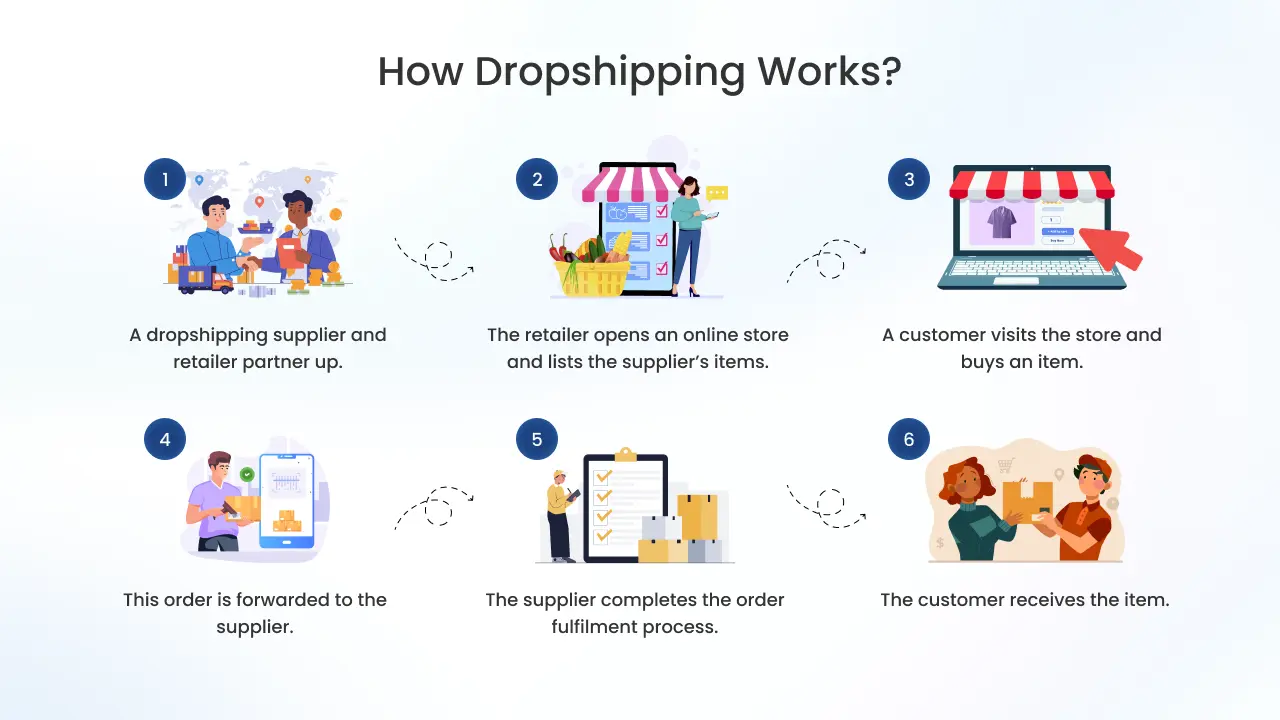
With its simple set-up, one might still ask, ‘Is dropshipping worth it?’ and why not? Understanding who is accountable when issues arise is crucial for legal clarity.
Now that we understand how dropshipping works, let's explore whether it's truly worth the investment, considering both the benefits and the challenges.
Is Dropshipping Worth It? Benefits vs. Challenges
Benefits
No Storage Space for Inventory
You don’t need any inventory or storage to start a dropshipping business. Inventory management and storage solutions are handled by the supplier.
Low Operating & Setup Costs
Because both the inventory and operational costs are handled by suppliers, the only cost you will bear is to set up your online store. This significantly lowers your business's operational costs.
Scalability
Your business is completely online. This means that you can scale your business based on the supplier’s inventory easily by adding new products to your store.
Challenges
Quality Control
Since you don’t own the manufacturing of your products, the quality of these products can be good or bad. You don’t have any control over it.
No Control Over Customer Service
The customer service in dropshipping is difficult because, since you are not manufacturing, packing, shipping, and delivering the products, you cannot control the various customer queries that come with it.
Dependence on Supplier
Even if you want to innovate or scale your business, you cannot do it independently. This is because everything is controlled by the supplier.
Still, compared to other e-commerce models, dropshipping is simpler. But is dropshipping legal across countries? What other laws and regulations should be considered before running a dropshipping business? Let’s look into some important ones right now.
Is Dropshipping Legal? 6 Legal Compliance to Get Over This Question
Copyright Infringement
One of the common questions among entrepreneurs who want to start dropshipping, along with ‘Is dropshipping legal?’, is ‘Can customers sue me for dropshipping?’
The answer is yes. You can be sued if the supplier is selling items that are illegal, defective, or not as promised online. The solution here is to conduct proper research before partnering up with a supplier.
Many dropshipping scams occur worldwide. Check out your supplier’s manufacturing process, warehouse, people involved in the business and the final product before proceeding.
Consumer Protection
Every country has consumer protection laws. Even if you are not manufacturing the product, you must abide by these rules for consumer safety and protection.
Go through the consumer protection laws of the country and make sure that your online store and your supplier are following these laws.
E-commerce Platform Requirements
Many e-commerce platforms help you set up your dropshipping business. Shopify, Etsy, Amazon, and eBay are the best for dropshipping.
Every platform has its own set of rules and regulations to set up and run a dropshipping business. Make sure you adhere to these rules. These platform-specific rules are very strict, and you will face legal consequences if you break them.
Data Safety & Protection
If you use any platforms or applications that handle customer information, you are responsible for this data. There are many national and international privacy laws to protect customer data.
Read all these privacy laws carefully before starting dropshipping because breaking these laws will result in large fines.
Food & Beverage Regulations
If you are in the online food business, you need special licenses for dropshipping. Many platforms, states, and countries don’t allow certain food items to be shipped.
For example, vitamins and protein supplements are treated as ingestibles or healthcare items and are heavily regulated. Most platforms require special permits or explicitly block them.
Anti-slavery Laws
One of the biggest mistakes people commit is partnering with overseas manufacturers who use slave labour to manufacture products.
You cannot justify this by telling the court of law that you didn’t know about such details in manufacturing. It’s your responsibility to research how the products are made. So, visit the manufacturing plant, even if it’s overseas, before dropshipping.
Banned Items
There are many people and countries that your government has banned from doing business with. These are called sanctions. They are trade restrictions imposed by one government against individuals whose actions go against the trade policy.
Have a meeting with your team and the supplier before selling to any region or individuals who are on this sanctions list.
Is Dropshipping Legal? The Final Word
In simple terms, yes. Dropshipping is legal. Is dropshipping profitable? Also yes. If you follow all the legal requirements, dropshipping can be very profitable.
Just like every other business, dropshipping requires research before taking the plunge. The only big issue with dropshipping is that you don’t own the product; hence, questions like ‘Is dropshipping legal?’ pop up on the internet.
Conduct thorough research on your supplier, the production process, and your target market. If you tick all these checkboxes, you can easily earn profits with dropshipping.
FAQs
1. How do I start dropshipping?
Partner with a dropshipping supplier. Set up an online store to list their items. Forward the orders to the supplier. The supplier handles packaging and shipping and delivers the product to the customer. You make a profit based on the sales.
2. Is dropshipping legal under 18?
No. You need to sign contracts with suppliers and many other entities to begin dropshipping. Without an age-approved identification, you cannot sign any contracts.
3. How to avoid dropshipping scams?
Dropshipping scams can be avoided by researching the product that you are selling, the region you want to sell in, and the supplier’s background and manufacturing plant.
4. Is dropshipping legit?
Yes. Dropshipping is a legitimate business model.
5. Is dropshipping legal in the U.S.?
Yes. Dropshipping is legal in the United States. But do check the product, the manufacturer, and the regions you want to sell in before starting this business.


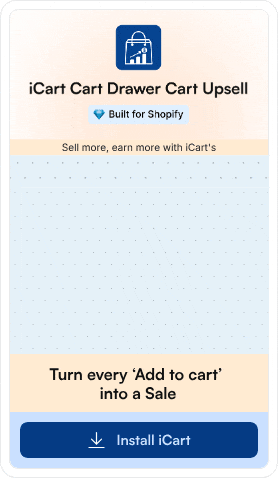
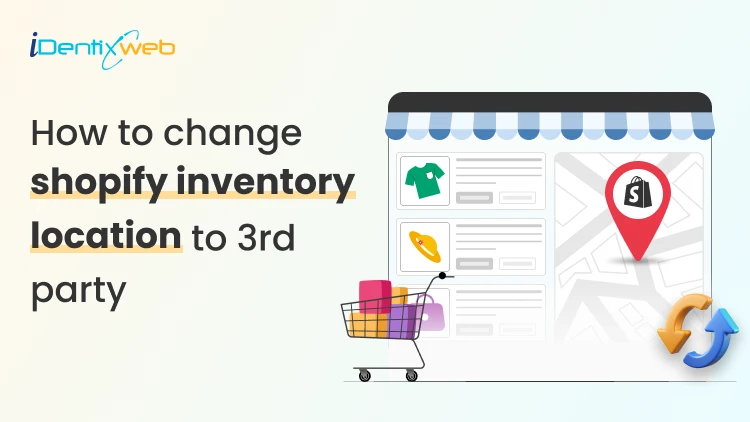
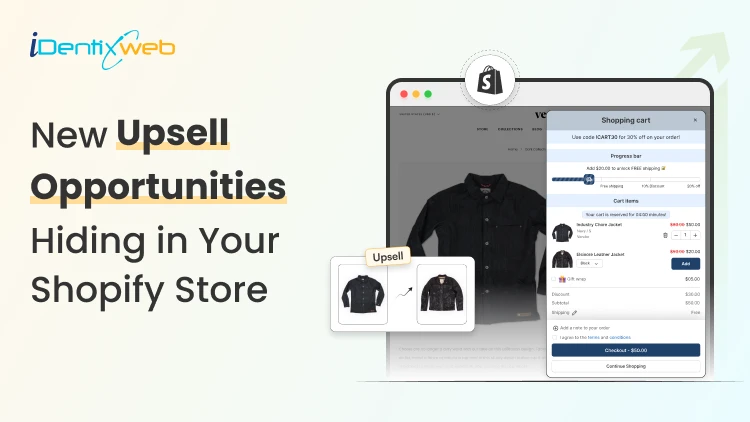
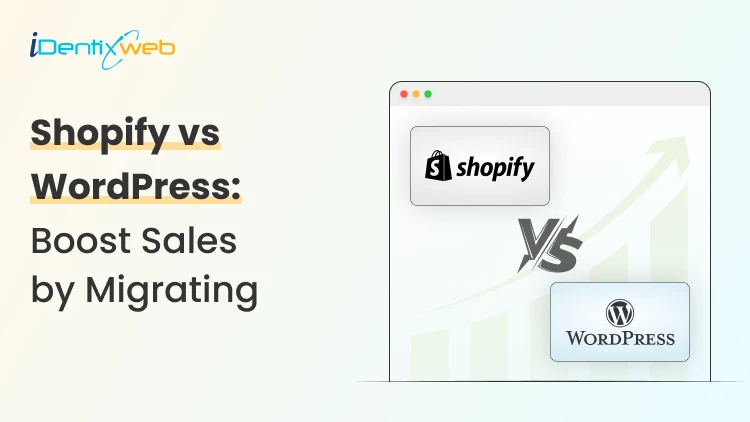

About the author
Vineet Nair
Vineet is an experienced content strategist with expertise in the ecommerce domain and a keen interest in Shopify. He aims to help Shopify merchants thrive in this competitive environment with technical solutions and thoughtfully structured content.